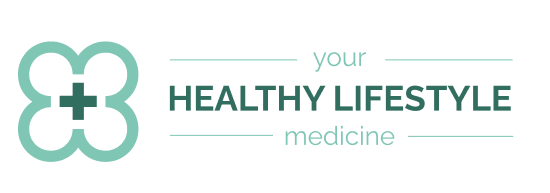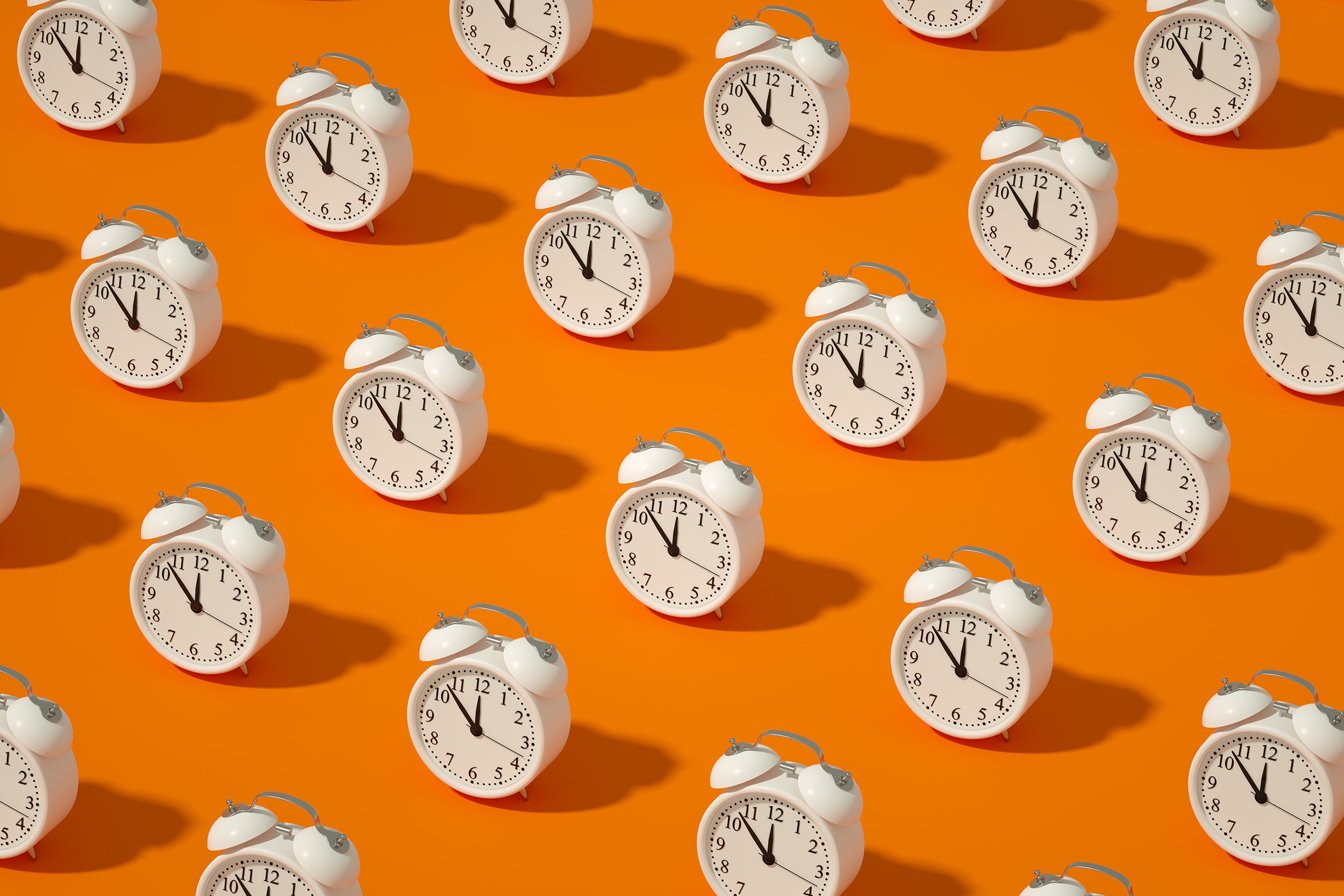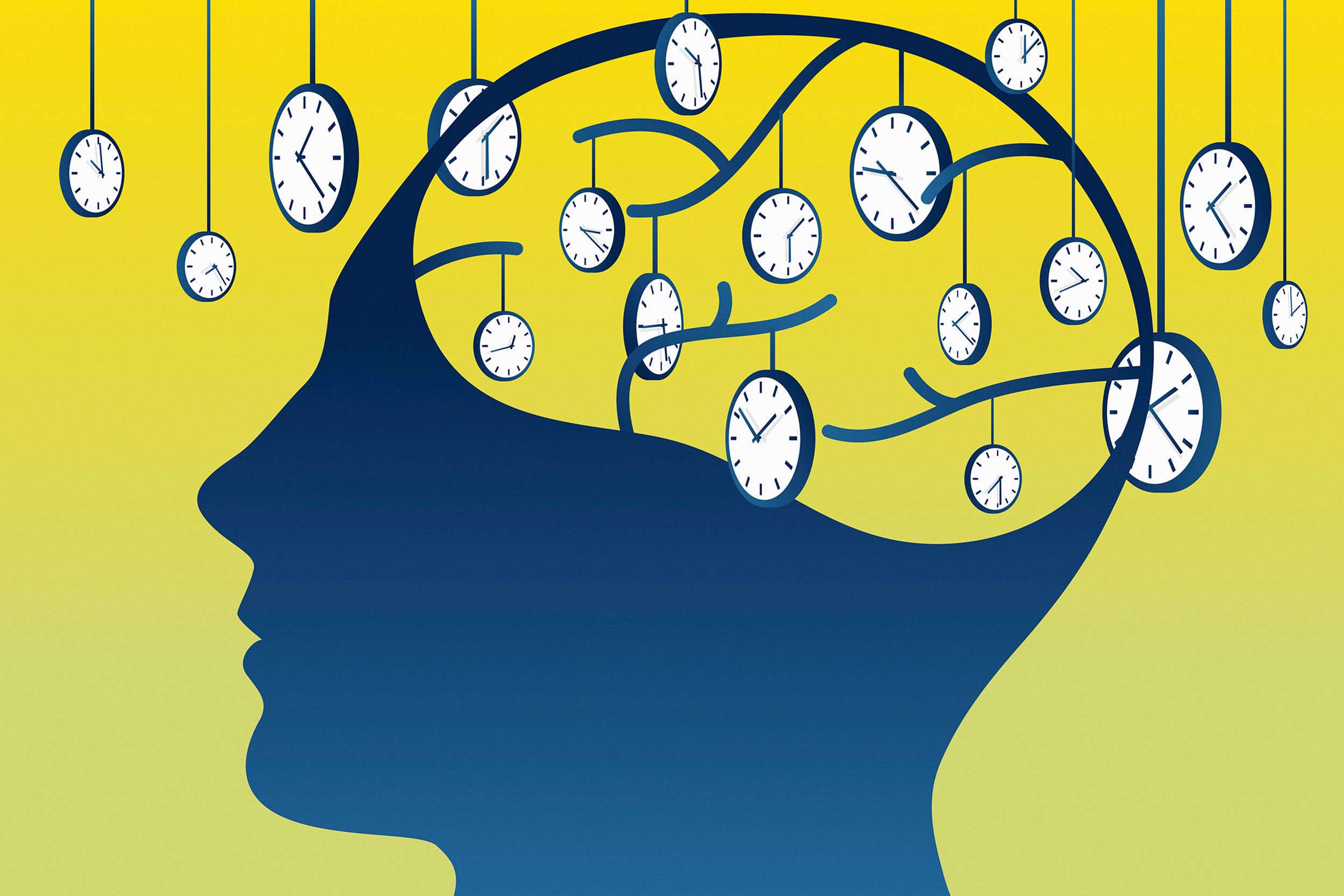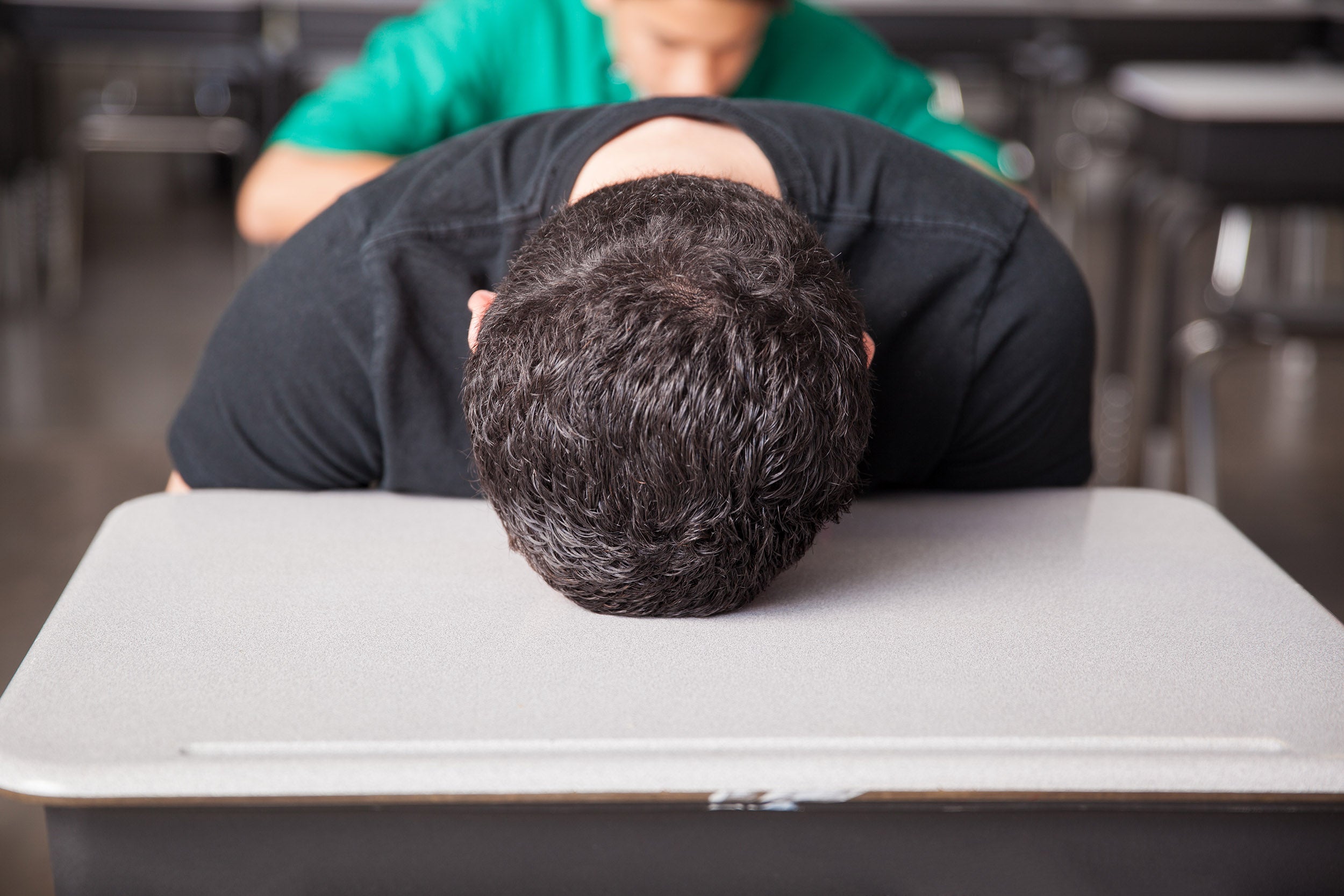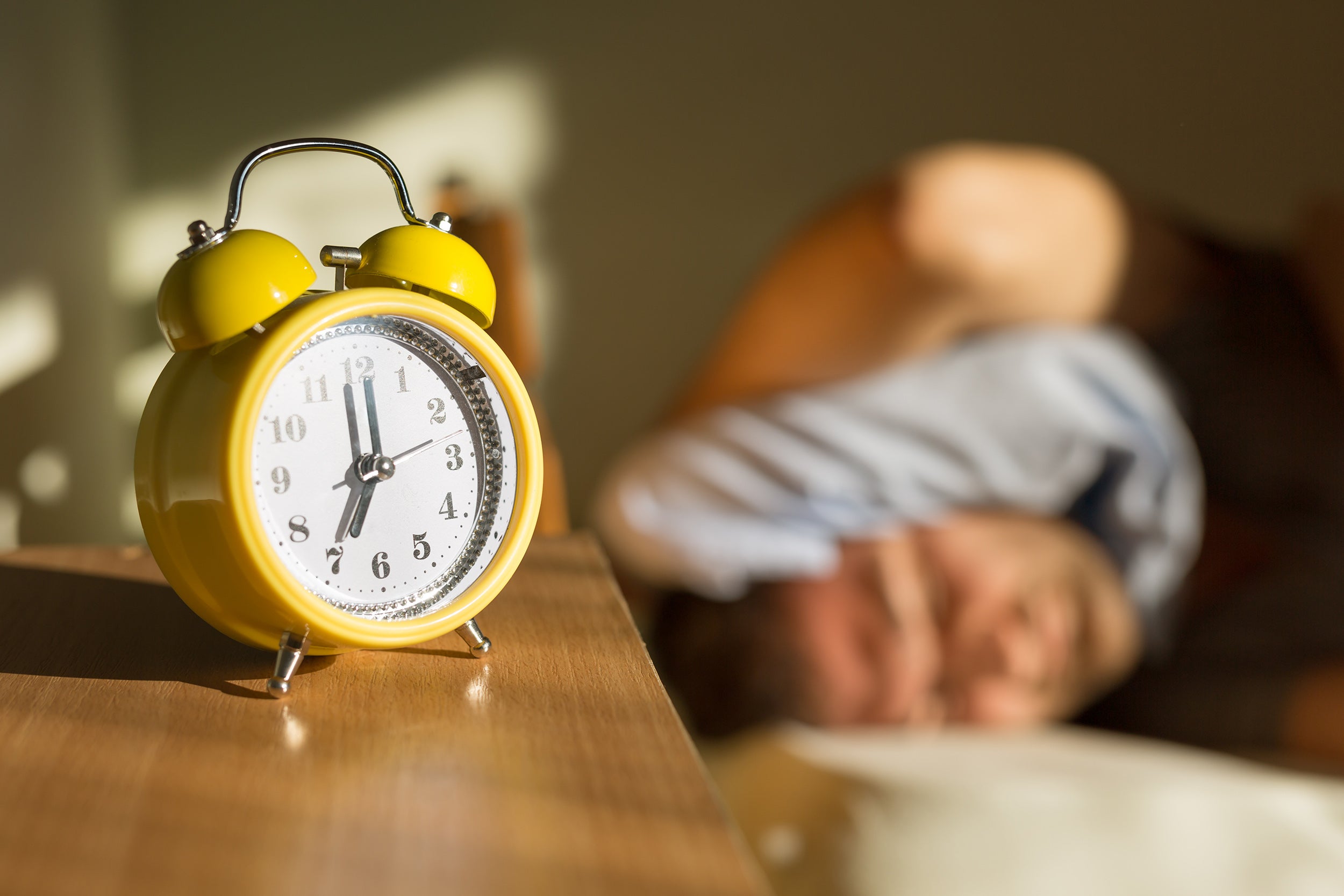
Health
Lack of sleep will catch up to you in more ways than one
Experts highlight the health and memory effects, offer suggestions for countering environmental disruptions
Experts from Harvard, Columbia University, the University of Miami, and the University of Massachusetts detailed the health implications of sleep in a conversation with CNN health reporter Jacqueline Howard on Thursday at the Harvard T.H. Chan School of Public Health.
“Sleep in many ways is associated with mortality — cardiovascular disease, diabetes, mental health, brain health, immune function, respiratory conditions, and cognitive function and performance,” said Azizi Seixas, an associate professor at the University of Miami Miller School of Medicine.
He and other panelists explored the health risks of long-term sleep deprivation and the fundamental role sleep plays in memory. According to Rebecca Spencer, a professor of psychology and brain science at UMass, “When you sleep, you’re taking this movie of your day and you’re putting it on replay, and it’s this great mnemonic device. It’s a way to really solidify the memories that we formed during our day.”
Those memories might include noise and other disruptions, introducing a wider challenge: While getting enough rest is important for everyone, the world can get in the way. Panelists zeroed in on noise pollution, racial disparities in sleep, and how policy decisions can leave us tired and vulnerable.
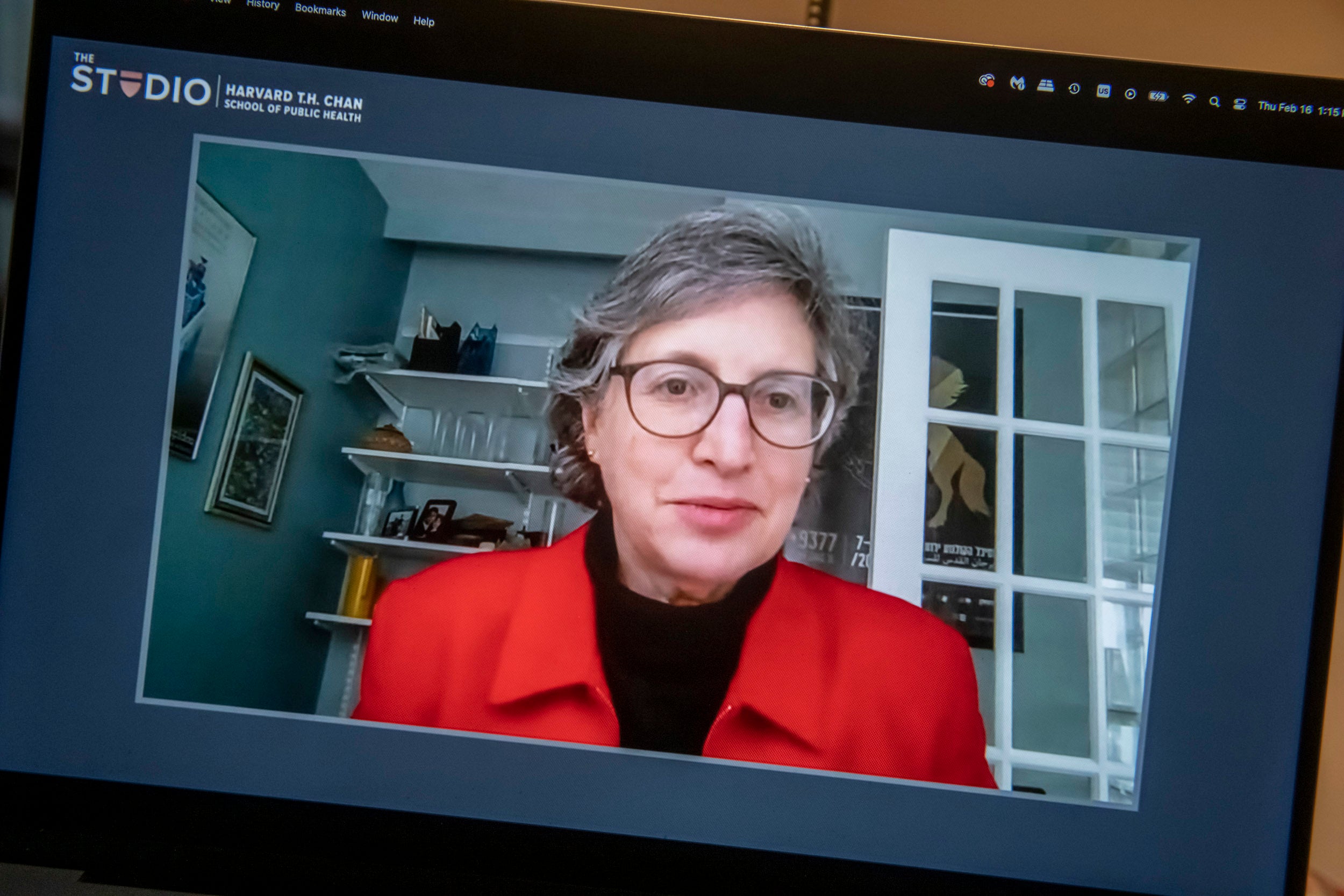
“There’s no evidence that you can oversleep,” said the Medical School’s Elizabeth Klerman during the virtual talk. “Unlike chocolate cake you can eat when you’re not hungry, there’s no evidence you can sleep when you’re not tired.”
Jon Chase/Harvard Staff Photographer
“We know, for example, that marginalized communities and racial and ethnic minorities are more likely to live in neighborhoods with socioeconomic disadvantage,” said Carmela Alcántara, an associate professor at Columbia University’s School of Social Work. “That can include neighborhoods that might have higher policing, neighborhoods that then have greater exposure to noise pollution, greater exposure to light pollution, and all these factors which we know impact short-term sleep and then can have these cascading long-term effects on sleep.”
So how to sleep better?
Spencer recommends “controlling the controllables.” She noted that while you may not be able to lower your neighbors’ volume or dim the streetlights, there are other strategies for making an environment more rest-friendly. One example is “exposing yourself to light during the day, particularly outside natural light, but then keeping your environment dark at night.” Another tactic: moving around. “Exercising is something that you can do, if nothing else, that can clear your mind,” Spencer said. “That’s part of the rumination problem a lot of people have as they’re trying to fall asleep.”
If it doesn’t work, don’t beat yourself up, said Elizabeth Klerman, a professor of neurology at Harvard Medical School. Instead, resolve to make up for the lost sleep on a weekend or a day off. Your body will cooperate. “There’s no evidence that you can oversleep,” said Klerman. “Unlike chocolate cake you can eat when you’re not hungry, there’s no evidence you can sleep when you’re not tired.”
The danger comes when a person loses sleep over the long term: “There are effects on memory and on your risk of dementia.”
Seixas said that if you do find yourself losing sleep on a regular basis, it may be possible to adjust other aspects of your routine to mitigate negative effects. “We’ve been able to find different profiles and different recommendations of people who may get six hours of sleep but can make certain alterations in their lives and lifestyles to balance out their risk for cardio metabolic health conditions.”
As for what lawmakers can do to help their constituents, the panelists agreed that movements to change daylight saving time are ill-advised. Instead, lawmakers should opt for solutions that prioritize sleep itself, like later school start times and public health campaigns about sleep hygiene.
“A combination of science, public policy, public education, advocacy — I think all of them are going to be important in trying to address the daylight saving time issue as well as other things related to structural and racial inequalities,” Klerman said. “We need science but we also need communication.”
